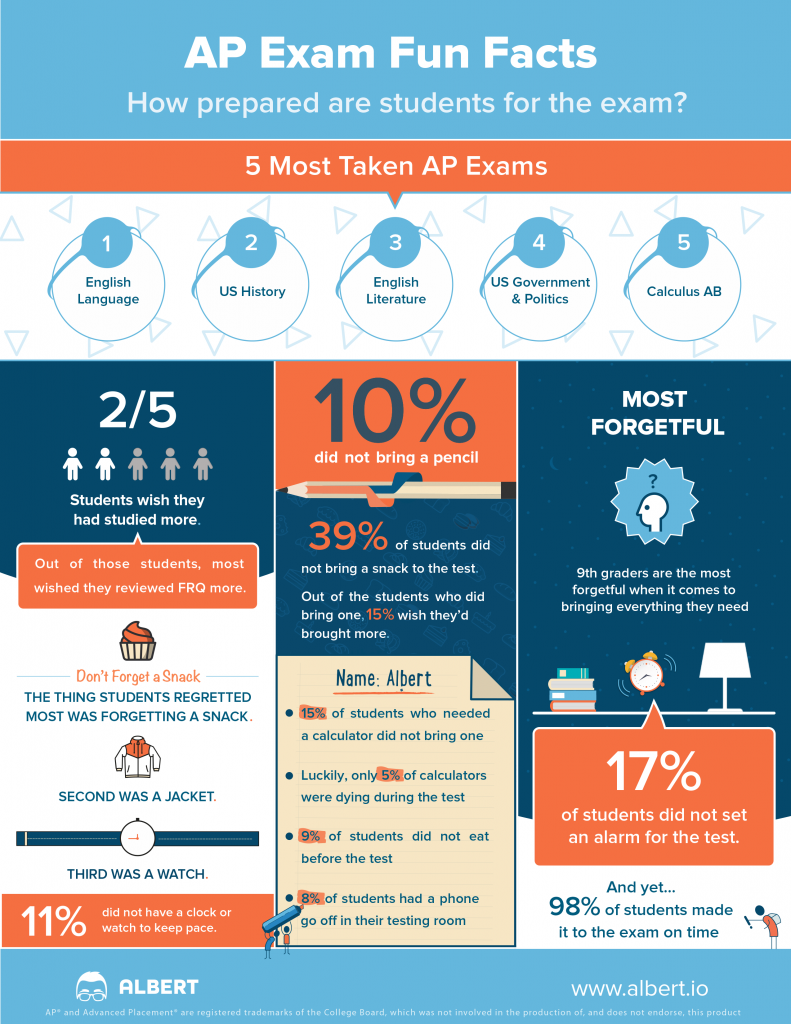
I always assumed that college would be an incredibly social experience. But to my surprise, I soon needed to learn how to combat loneliness.
Almost 4 years ago to the T, COVID-19 hit me in my freshman dorms at UC Santa Barbara. My roommate and I snickered at the international students for wearing masks. We took comfort in the fact that a virus in China was in no way going to affect our lives in this sleepy California beach town. Oh boy, were we wrong.
Fast forward a month, and I’m in my childhood bedroom trying to organize Zoom calls with friends. Every morning, I’d check the case counts in Santa Barbara County, hoping I’d receive an email saying we could go back to campus. I’m not unique in my experience. Almost every college and high school student experienced some version of my story.
Fresh out of college and deep into my graduate program, I now live by myself in an apartment in Berkeley. When I first moved in, even though no lockdown measures were in place, I felt uniquely isolated. All my college friends were scattered across the country, and my parents, though close, weren’t downstairs like they used to be during COVID.
A new Surgeon General Advisory on isolation reveals that few Americans know how to combat loneliness these days. That’s when I realized that loneliness and isolation wasn’t a COVID-19 problem; it’s a more systemic issue.
How to Combat Loneliness: Finding Third Places
In their article “‘Third Places’ As Community Builders,” Stuart M. Butler and Carmen Diaz reference the idea of third spaces, or “places where people spend time between home (‘first’ place) and work (‘second’ place)… [to] exchange ideas, have a good time, and build relationships.” Colleges and high schools serve as third spaces for us during our adolescence, but they are finite and cease to exist immediately post graduation. Notice how people say that college was the best time of their life? I’d say it’s because it was the only time in their lives that they had access to a third space.
Here at REG, we don’t like to complain about problems. Instead, we like to find solutions. So here is, in my opinion, a solution to cultivating lifelong third spaces.
I’ve recently learned to combat loneliness and isolation. Here is a peek into my journey.
My Story: Feeling Alone in a Crowd

After COVID ended and I came back to campus, I basked in the glory of UCSB’s social life. Parties, hangouts, beach days, and sunset walks with friends occupied my calendar.
Eventually, however, I grew bored of this rotation of activities and started to seek out clubs in order to meet people with similar interests. I joined UCSB’s run club and got to know some folks while staying fit. Then I joined the Sikh cultural organization on campus to stay connected with my ethnic and religious roots. Throughout this time, I continued to hang out with casual friends I met from dorms and classes.
Still, none of these groups really scratched my itch for social connection. I liked the folks from the run club and the Sikh Student Association, but I didn’t form deep connections with any of them. Consequently, my interest in these clubs fizzled out.
Stumbling into Comedy
I was watching TV in my living room on a Monday evening when my two housemates told me that they were going to go perform comedy at an open mic at a restaurant close to campus. “I’ll come watch,” I said to my friends. As I watched them perform, I got butterflies. It was the same butterflies you get when you see a pretty girl and decide you have to go talk to her. But in my case, comedy was the pretty girl. I just knew I had to go say hi.

The following week, I signed up for the open mic and almost had a panic attack when they called me to the stage. I got up and begrudgingly told my 5 minutes of jokes. I was back at the open mic, week after week. And soon enough, I was addicted to telling jokes on stage, eventually running the UCSB Stand Up Comedy club as its VP the following quarter.
It was easy to make friends with the other comics. We were all wired the same way, we always had something to talk about, and we rode the same highs and lows of live stage performances. We put up shows and mics together, hung out afterwards, and wrote jokes. Most importantly, we became friends.
Pursue Shared Interests to Combat Loneliness
I’m at UC Berkeley now, and I joined the comedy club here on campus. Nothing can replace UCSB, but I’ve found myself enjoying the company of my fellow comedians here at Cal just as much. Furthermore, the Bay Area, outside of college campuses, has a thriving live art scene with comics, improv comedians, and musicians. Growing out of UC Berkeley’s club means exploring these adult spaces where I can meet people in an organic way and build connections through a shared interest. Comedy is a great way for me to get out of the house and meet like-minded people.
The moral of the story? You need a shared interest to build real friendships. The more passionate you are about your activity of choice, the higher likelihood you are going to make friends.
What does this have to do with college? Well, college is a great place to explore your interests. Yeah, go to frat parties, sports games, and concerts. But also be sure to explore your hobbies and interests. Because yes, doing homework and studying for tests is important, but finding an activity that will serve as your lifelong third space is equally invaluable.
-Raj







































